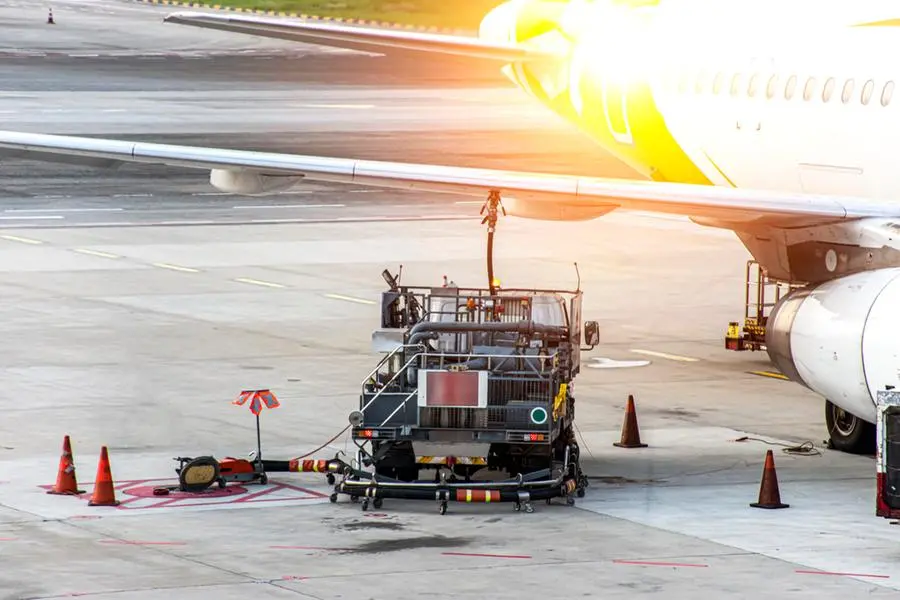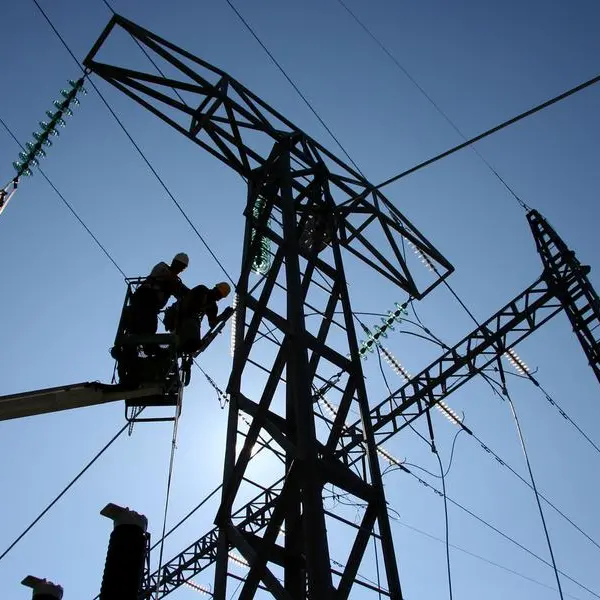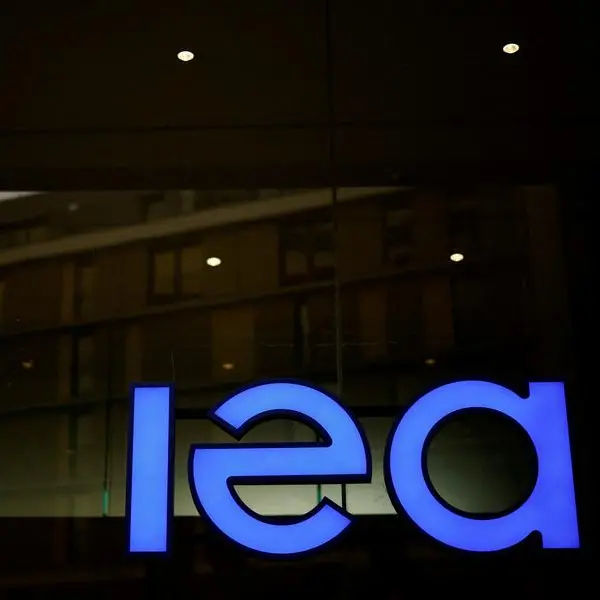PHOTO
Aircraft manufacturer Airbus has welcomed the opportunity to be part of an alliance of leading international players that have joined forces to explore the potential for commercial-scale production of Sustainable Aviation Fuels (SAF) in the Sultanate of Oman.
SAF, among other types of zero-carbon synthetic fuels, are key to the decarbonization of the global aviation industry – a commitment that the Omani government, and the Civil Aviation Authority (CAA), have endorsed as well.
Late last month, OQ Alternative Energy (the renewables arm of Omani integrated energy group OQ) unveiled the OSCAR (Oman Sustainable Cars and Aviation Refuelling) Consortium of prominent players with a mission to ignite the growth of an e-gasoline and e-SAF manufacturing hub in Oman. Other key partners, besides OQ AE and Airbus, are UAE-based business house Dutco, Sumitomo Corporation Middle East, and Automobili Lamborghini SpA.
At the heart of the initiative is a vision for establishing an integrated Power-to-X (P2X) project starting with an exploratory study, according to a high level executive of Airbus.
“We are joining forces at Airbus, together with OQ Alternative Energy, Automobili Lamborghini SpA, Dutco Group Cleantech, and Sumitomo Corporation Middle East to advance the global eFuels market, together via an integrated P2X project for eSAF and eGasoline production in the Sultanate of Oman, starting with a project JSA (Joint Study Agreement,” said Julien Lehalle, Director - Investments, New Energies Funds, Project Equity & Tech VC, at Airbus.
In a post, Lehalle underlined Oman’s potential promise as a destination for eSAF production, given especially the country’s well-developed aviation sector, coupled with its modern infrastructure.
“Oman has an excellent potential for hybrid wind and solar power generation, green hydrogen and eFuels production. Meanwhile, it boasts world-class airlines Oman Air, SalamAir, as well as airports Oman, Airports Management Company, energy infra and industrial ports to reach exports markets in Europe & Asia-Pacific (APAC),” he remarked.
The OSCAR consortium represents yet another global initiative, backed by Airbus, in line with its broader strategy to support the decarbonisation of the aviation industry. Over the past year, the aircraft manufacturer has tied up with a number of airlines, as well as eFuel startups, to boost the production and uptake of SAF fuels for air travel.
“Origination of SAF greenfield projects adds a new layer to Airbus' strategy in new energies, besides being already a pre-FID project equity investor in Australia and the US,” Lehalle explained in his post.
According to plane manufacturer, all Airbus aircraft are capable of flying on a maximum 50% blend of SAF and conventional fuel. However, by 2030, Airbus has pledged to ensure that its aircraft and helicopters will be capable of flying with up to 100% SAF.
SAF is presently produced as a blend of conventional fossil fuel and synthetic components made from a range of renewable feedstock, such as used cooking oils, fats, plant oils, municipal, agricultural and forestry waste. Going forward, however, production of SAF will involve the use of green hydrogen and captured carbon dioxide to create synthetic fuels, referred to as eFuel or Power-to-Liquid (PtL).
2022 © All right reserved for Oman Establishment for Press, Publication and Advertising (OEPPA) Provided by SyndiGate Media Inc. (Syndigate.info).





















